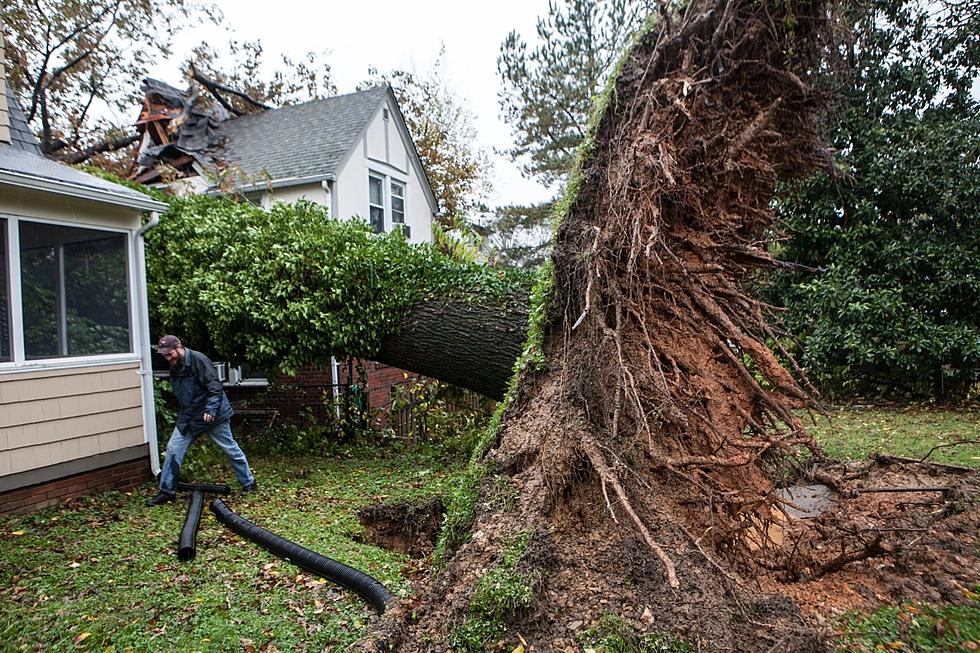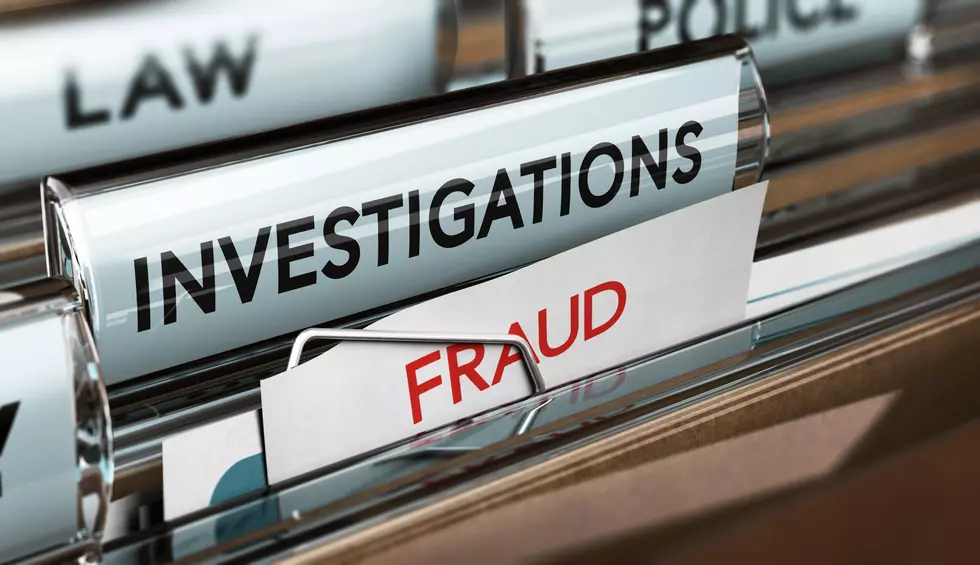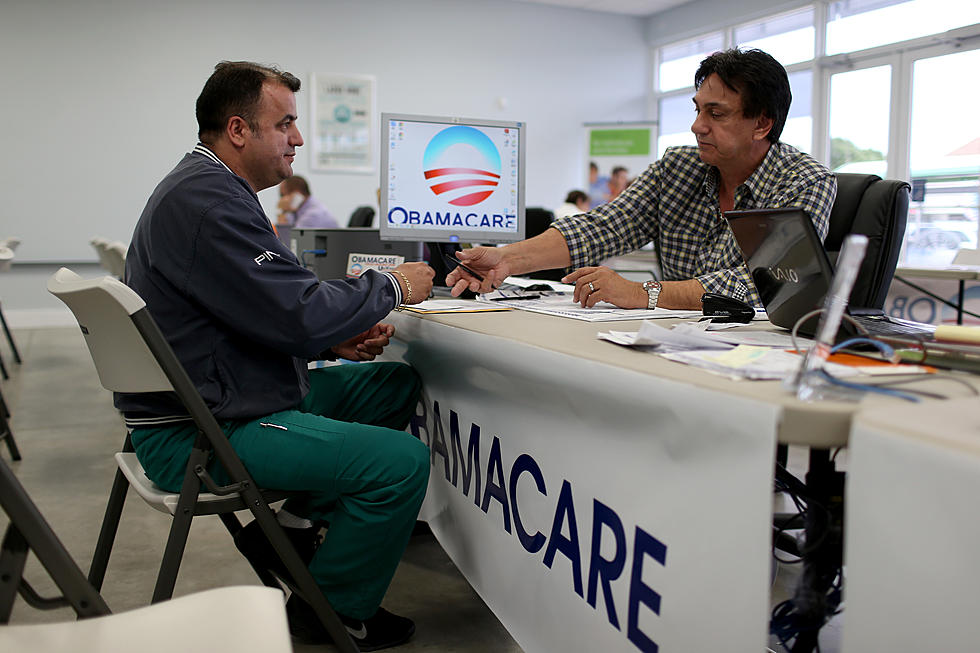
What to Do When Your Neighbor’s Tree Falls and Damages Your Home
With so many trees toppling down during last night's storm, it has left many people wondering who is responsible for the cleanup of the fallen trees.
It's important to note that every homeowner's policy is different, so it all depends on the exact language in your policy.
That being said, most of the time here is how it is handled:
A Tree Falls From Your Neighbors Yard and Doesn't Damage Your Property
If a healthy tree in your neighbor's yard falls into your yard and doesn't cause any damage, you would be responsible for removing the tree from your yard. It is much like the leaves or smaller branches from the same tree falling into your yard, there would be no expectation of your neighbor to clean up the tree.

"In most standard homeowners policies, the cost of cleaning up the tree without damage to any covered structures on your property would not be covered by homeowners insurance," said Craig Correia from Paul and Dixon Insurance. "One exception might be a value added endorsement. If you purchase the specific coverage, cleaning up the tree without any damage incurred would be covered with a special sub-limit."
A Tree Falls From Your Neighbor's Yard and Does Damage to Your Property
If a healthy tree in your neighbor's yard falls and causes damage by striking your home, your neighbor is still not responsible. "In that case it is not a situation where you put a claim in through your neighbor's home owner's insurance. It would go through your home owner's insurance," Correia said. It is considered an "Act of God/Nature" by insurance carriers.
What If the Tree Is Unhealthy?
If a tree is not healthy, a letter of correspondence to the neighbor that demonstrates concern that the sick tree could fall and cause damage could make a case for your neighbor to be liable for the damage caused by the tree in question. The letter should request that an arborist inspect the tree and offer an opinion.
Common Law
As a general rule, Massachusetts Common Law was mostly created by common sense, and that is where the name came from. In other words, if your neighbor's leaves blow into your yard, you would never ask them to rake them up out of your yard. If a branch falls off a tree into your yard you wouldn't ask your neighbors to pick it up. The same is extended to a tree falling into your yard.
Once again, this is generally how this plays out with homeowner's insurance policies; however, you should contact your local agent to find out about exact coverage on your home.
KEEP READING: What to do after a tornado strikes
LOOK: The most expensive weather and climate disasters in recent decades
More From WBSM-AM/AM 1420

![Free Insurance to Local Front Line [PHIL-OSOPHY]](http://townsquare.media/site/518/files/2020/04/RS40746_GettyImages-1209447398.jpg?w=980&q=75)




![Our Tax Dollars Covers Narcan For Indigent Addicts [Audio]](http://townsquare.media/site/518/files/2016/02/hqdefault6.jpg?w=980&q=75)

